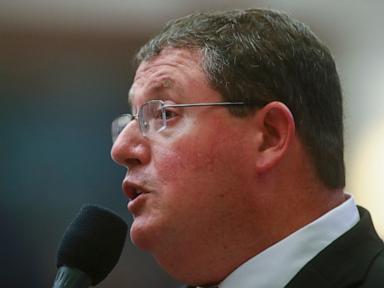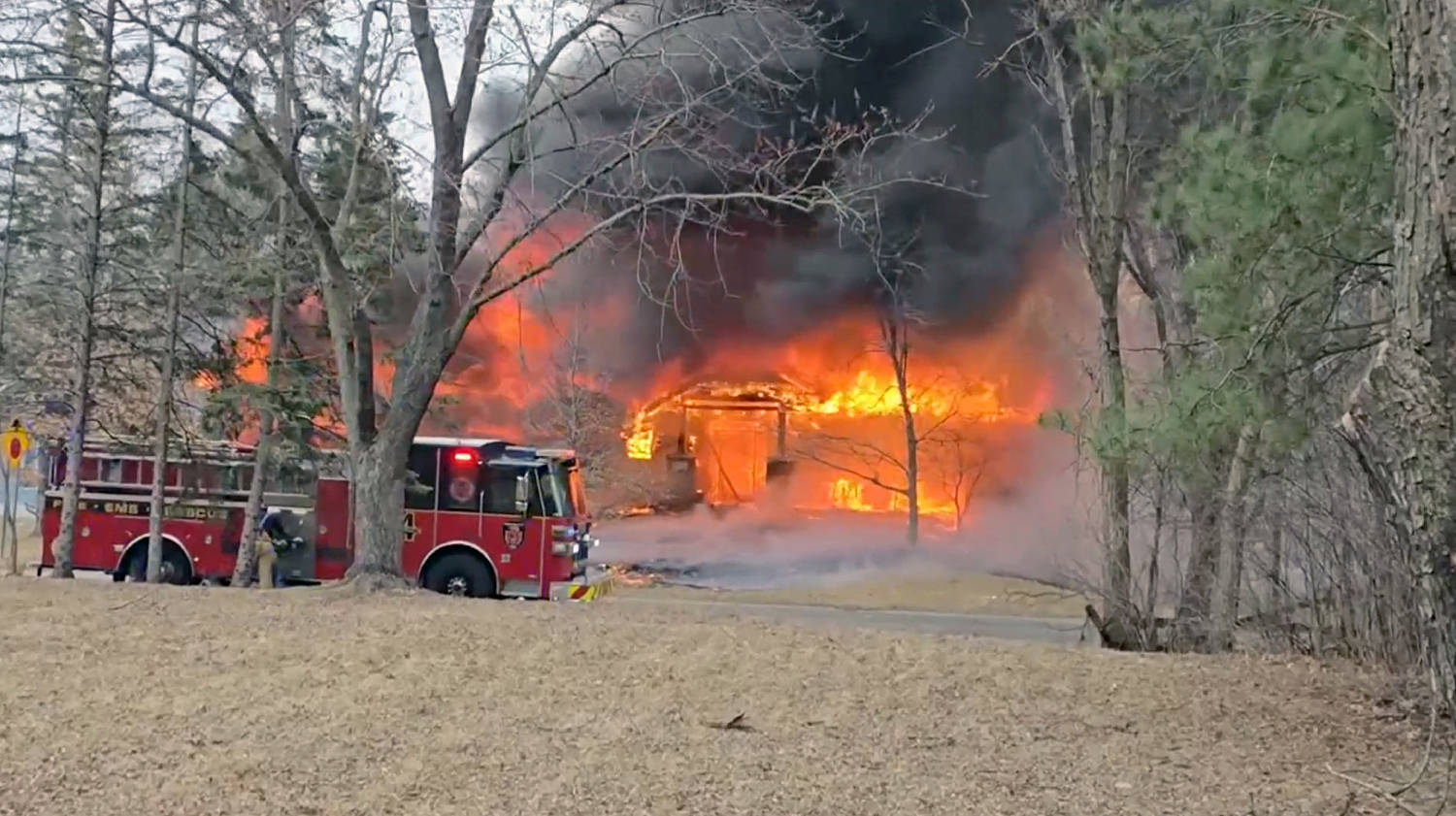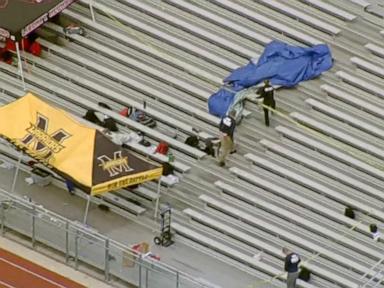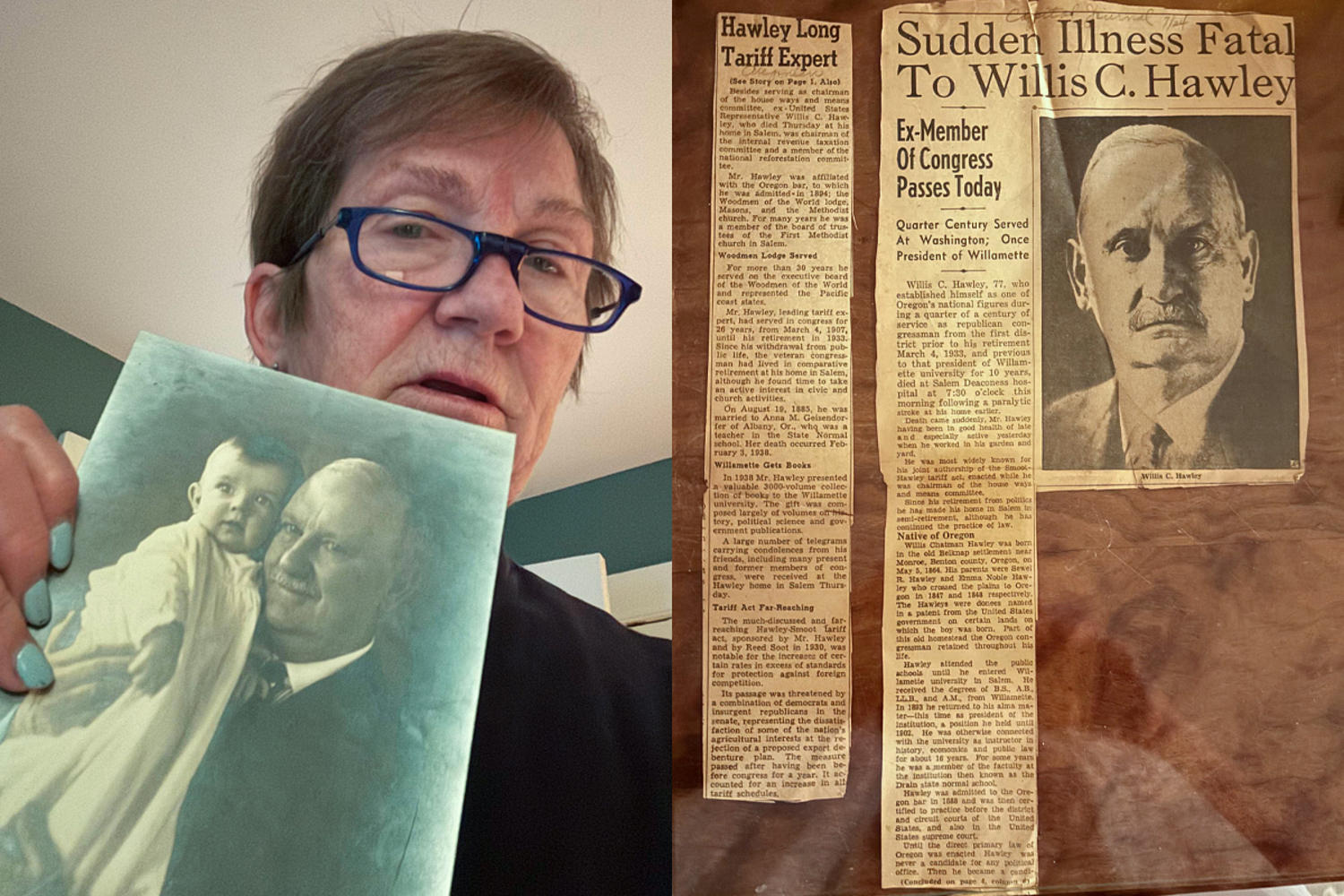President Trump’s telephone calls with Vladimir Putin hearken back to Franklin Roosevelt’s way of handling Joseph Stalin.
In January 1943, Roosevelt had an opportunity to save the nations of Central and Eastern Europe from Soviet tyranny by ordering his forces to attack and defeat the Germans occupying those nations by approaching them from the south through the Balkans.
The idea was to get there before the Red Army could arrive from the east. Notably, this strategy was also advocated by King George VI, Winston Churchill, the two top British generals in the Mediterranean theater and American Gen. Mark Clark.
At a meeting in the Oval Office, a brilliant and prophetic strategist named William Bullitt warned the president that if he did not act now, the war would end with a divided Europe.
Roosevelt responded, “Bill, I don’t dispute the logic of your reasoning. I just have a hunch that Stalin is not that kind of a man,” adding, “I think if I give him everything I possibly can and ask nothing from him in return, noblesse oblige, he won’t try to annex anything and will work with me for a world of democracy and peace.”
Bullitt, who had served as the first ambassador to the Soviet Union (1933-36), informed Roosevelt that there was absolutely no evidence that Stalin would work with him after the war to democratize the nations in Central and Eastern Europe. He bluntly told the president that his view was “the product of the fatal vice in foreign affairs — the vice of wishful thinking,” which in his case was nothing more than a “hunch.”
Nevertheless, Roosevelt rejected Bullitt’s advice. At the Yalta Conference in 1945, Stalin made a mockery of the “Declaration of Liberated Europe” by refusing to allow the nations of Central and Eastern Europe enjoy the rights of self-determination and free elections.
Roosevelt lamented that “It was the best [he] could do,” but the fact is, he did almost nothing to democratize Poland or the other Soviet satellite states.
Like Roosevelt’s delusion that Stalin would be his friend and work with him for democracy and peace, Trump believes that Putin, the ex-KGB officer, is in fact his trusted friend. Indeed, Putin has reciprocated by claiming that he prayed with his priest at a church after Trump survived the assassination attempt in Pennsylvania, not because Trump was a presidential candidate at the time, but because he was Putin’s so-called friend.
While the two of them trumpet their friendship, thus far, the


































